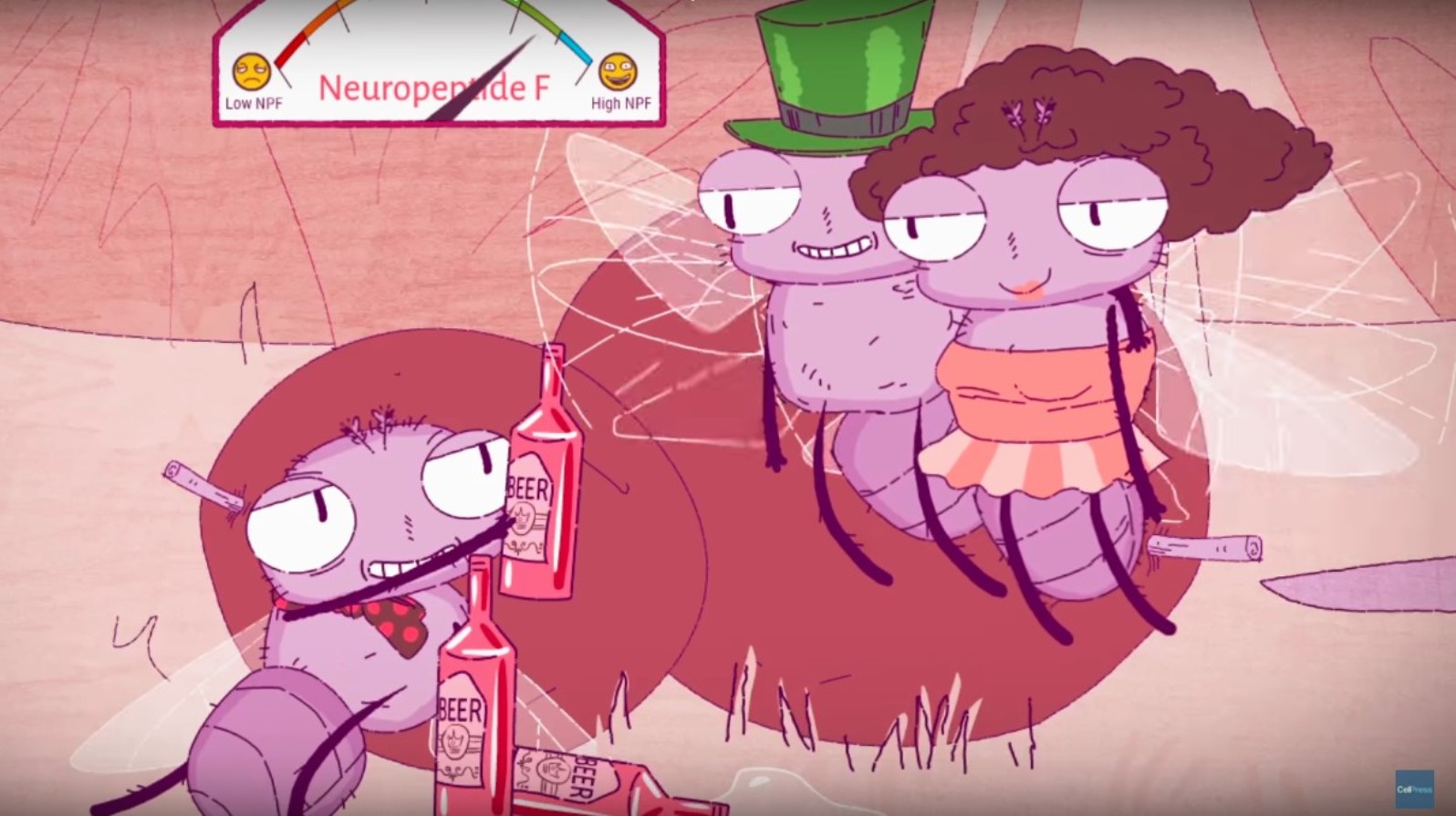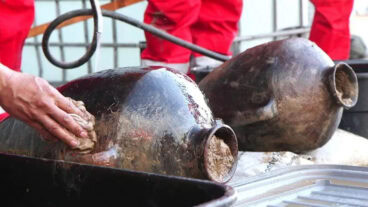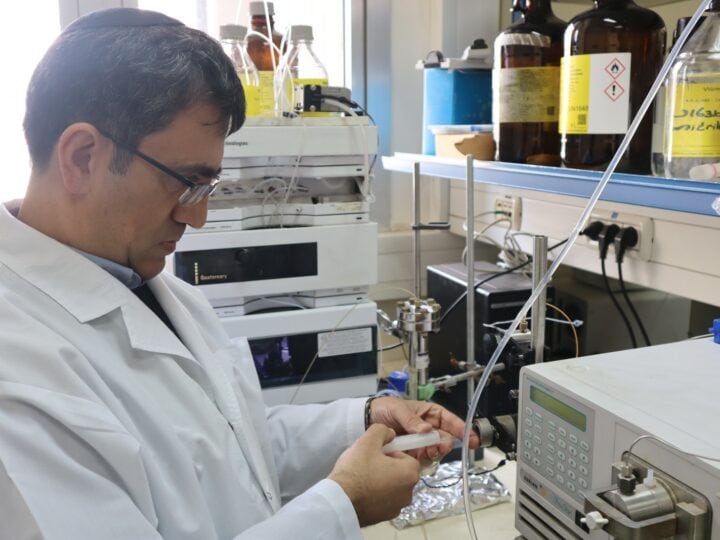Do Israeli researchers have too much time on their hands? One might ask that question after a new study was published last week showing that male fruit flies apparently enjoy ejaculation more than getting drunk.
But the science behind the research may prove critical for understanding the mechanisms of pleasure and reward in the human brain.
Dr. Galit Shohat-Ophir, of Bar-Ilan University’s Mina and Everard Goodman Faculty of Life Sciences and Gonda (Goldschmied) Multidisciplinary Brain Research Center, led the study with Shir Zer-Krispil. It was published in Current Biology under the decidedly non-titillating title “Ejaculation induced by the activation of CRZ neurons is rewarding to drosophila males.”
The research was done in collaboration with HHMI Janelia Research in the United States, and was supported by the Israel Science Foundation and the Marie Curie Career Integration Grants.
Shohat-Ophir and her colleagues wanted to determine what attracts male fruit flies to fertile females. Was it the courtship ritual, perhaps? The female’s pheromones, as is the case with rodents? Or the release of sperm and seminal fluid itself?
The researchers determined that neurons expressing the neuropeptide CRZ (corazonin) trigger fruit-fly ejaculation. They also figured out that CRZ can be switched “on” by exposure to red light.
Shohat-Ophir and her team rigged up an arena for the flies in which one side emitted a red light and the other was dark. The insects made a beeline, as it were, for the red side.
The researchers then trained the flies to associate the red light with a particular odor. When they tested the flies later, they preferred the scent that reminded them of their past pleasant experience.
So what’s the connection with getting drunk? After a few days of repeated activation of the CRZ neurons, the male fruit flies had high levels of small peptide, neuropeptide F, in their brains. That’s similar to males who actually mated with female partners.
The male fruit flies were then give a choice between their normal liquid food and liquid food spiked with alcohol. The flies previously exposed to the red light, having experienced the pleasure of ejaculation, shunned the alcohol; the others did not.
While the brain of a fruit fly is significantly simpler than the human brain, the principles of reward and pleasure are similar and can help us understand the relationship between sex and alcohol in people.
“This is a really basic everyday machinery that helps animals survive,” Shohat-Ophir explained. “Drugs of abuse use the same systems in the brain that are used to process natural rewards. This allows us to use simple model organisms to study aspects of drug addiction, including the interplay between natural and drug rewards and the connection between experience and the mechanisms that underlie the risk to develop drug addiction.”
If this article wasn’t provocative enough, the Bar-Ilan team made a sexy animated video with scantily clad male and female fruit flies, red lights and alcoholic snacks.

















